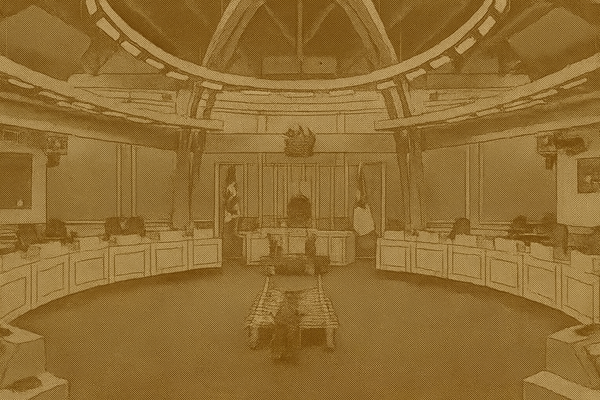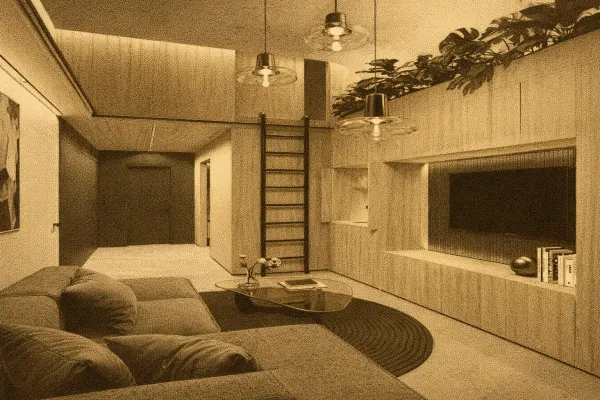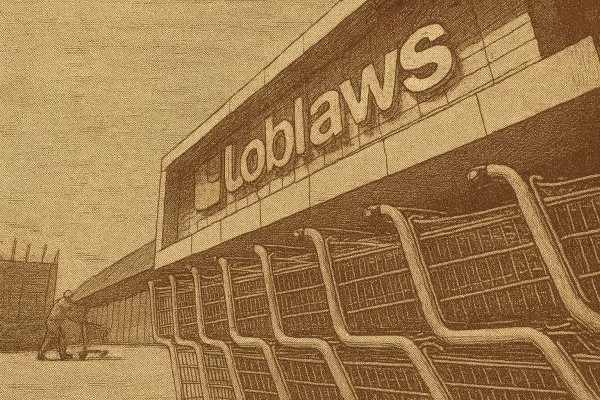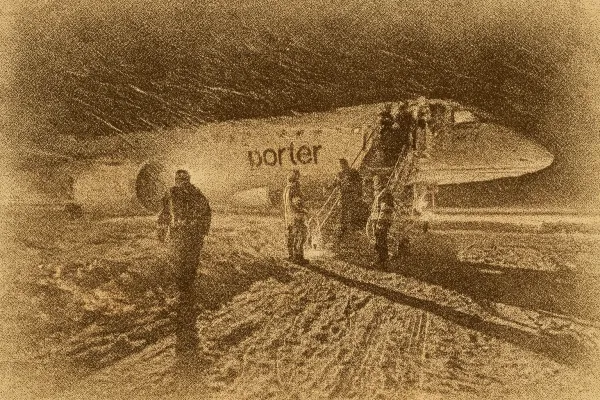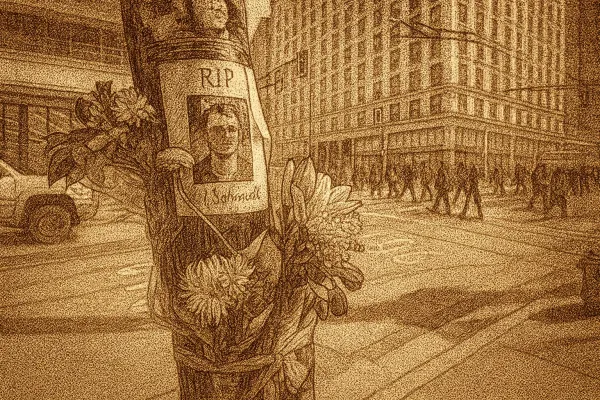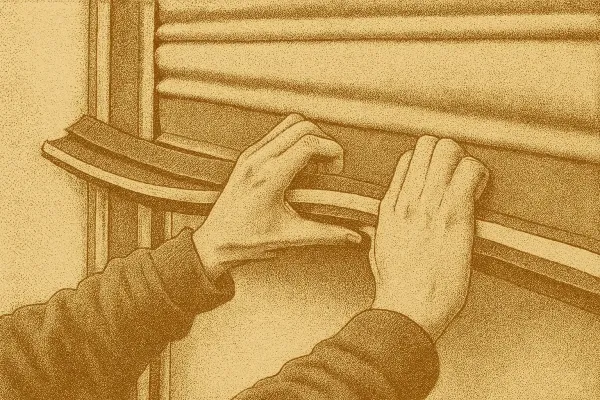Based on coverage from CBC and Nunatsiaq News.
The political landscape in Nunavut is gearing up for a change—or perhaps a reaffirmation—as the territory heads into its upcoming election on October 27. With the candidate registration deadline now closed, a total of 53 individuals have thrown their hats into the ring across all 22 ridings. This is a slight dip from the 58 candidates who ran in the 2021 election, and a more noticeable drop from the 72 hopefuls in 2017.
Nunavut's unique consensus-style government means that candidates run as independents, with no political parties to rally behind. Instead, after the election, the newly elected Members of the Legislative Assembly (MLAs) will gather to select the Speaker, premier, and cabinet ministers through a secret-ballot vote. This system, while different from the party politics seen in other parts of Canada, is designed to foster cooperation and consensus among elected officials.
Among the candidates, several incumbents are seeking re-election, including Joanna Quassa in Aggu, Solomon Malliki in Aivilik, and John Main in Arviat North-Whale Cove. Meanwhile, some ridings are guaranteed to see new representation, as incumbents like Joe Savikataaq in Arviat South and Karen Nutarak in Tununiq have chosen not to run again.
Interestingly, four ridings currently have only one candidate each, which could lead to those individuals being acclaimed without a vote. This includes Daniel Qavvik in Hudson Bay and David Joanasie in South Baffin, both of whom are incumbents.
The race in Cambridge Bay promises to be particularly intriguing, as it was a nail-biter in the 2021 election, with just 15 votes separating the top three candidates. This year, two of those candidates, Pamela Hakongak Gross and Fred Pedersen, are back in the fray, joined by Peter Ohokak.
In the Kitikmeot region's Gjoa Haven, a new representative is guaranteed, as long-time MLA Tony Akoak steps away from politics. The riding has attracted a diverse group of candidates, including David Akoak and Megan Porter, setting the stage for a potentially dynamic contest.
The election is not just about who will represent each riding, but also about the issues that matter most to Nunavummiut. From housing and infrastructure to healthcare and education, the challenges are significant and varied across the vast and sparsely populated territory. Candidates will need to address these pressing concerns while also respecting the cultural and social fabric of the communities they hope to serve.
As the campaign unfolds, Nunavummiut will have the opportunity to hear from candidates and engage in discussions about the future direction of their government. With the election just around the corner, the political atmosphere in Nunavut is charged with anticipation and the promise of change—or continuity, depending on the voters' verdict. Whether you're a political junkie or a casual observer, this election is a reminder of the vibrant and participatory nature of democracy in Canada's North.


